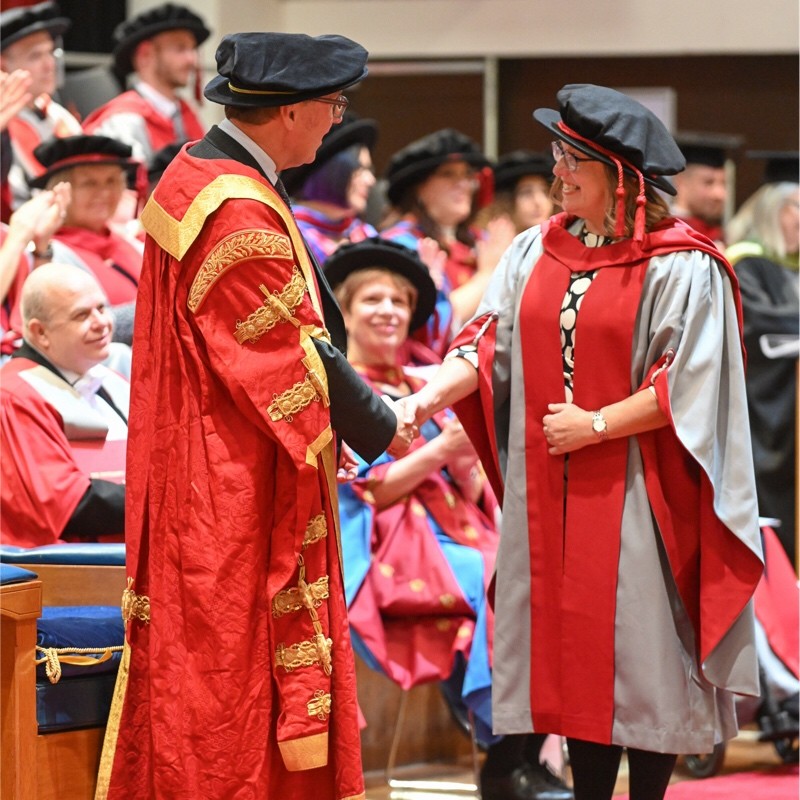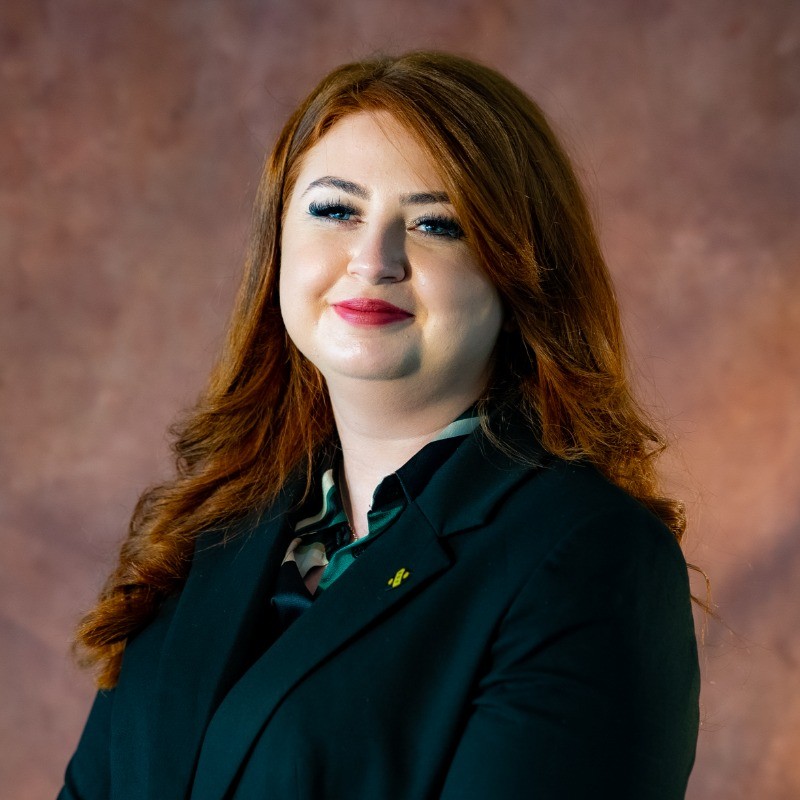University of Southampton
Find out how Vevox has helped teaching staff at the University of Southampton to create a better learning experience for healthcare students.


University of Southampton
The University of Southampton is ranked among the top 100 of universities globally and is a research-led founding member of the prestigious Russell Group.
Find out how the implementation of Vevox during classes helped teaching staff in the Health Sciences Faculty create a better learning experience for healthcare students.
The sheer flexibility of the system allows teachers to get different points across to their students and to encourage dialogue.
Using Vevox to increase student engagement
Previously, staff at the University had been using student response 'clickers' a a way of allowing students to engage with questions during sessions. The University decided to move away from clickers, and instead implemented Vevox as a tool available for staff.
Lecturers across different faculties and courses at the University of Southampton found Vevox a lot easier to use because there is less to setup & no physical hardware to carry and maintain. Students can also access Vevox on their own personal mobile phone, tablet or laptop to take part not only in voting, but in Q&A and surveys as well.
James Wilson, Former Teaching Fellow at the University of Southampton said:
"I think there are a number of reasons why the University adopted Vevox. The sheer flexibility of the system allows teachers to get different points across to their students and to encourage dialogue."
The Health Sciences Faculty used Vevox to engage students and connect them with patient cases to provide a more in-depth and engaging learning experience. By utilising the anonymous Q&A they allowed students of all confidence levels to get involved and speak freely, to voice and share their own views.
The Q&A also helped in opening a two-way dialogue, consequently creating a much more interactive discussion so students all felt part of the learning experience during the healthcare workshops. When students feel part of the conversation and engaged in the subject matter through live polls or Q&A they are much more likely to retain knowledge.
James Wilson elaborated on this by saying:
"I think Vevox also gives students confidence because when they are able to answer questions correctly within a lecture about knowledge that has just been given to them, it gives them a sense of achievement and allows the lecturer to know if they have pitched the teaching content at the right level."


